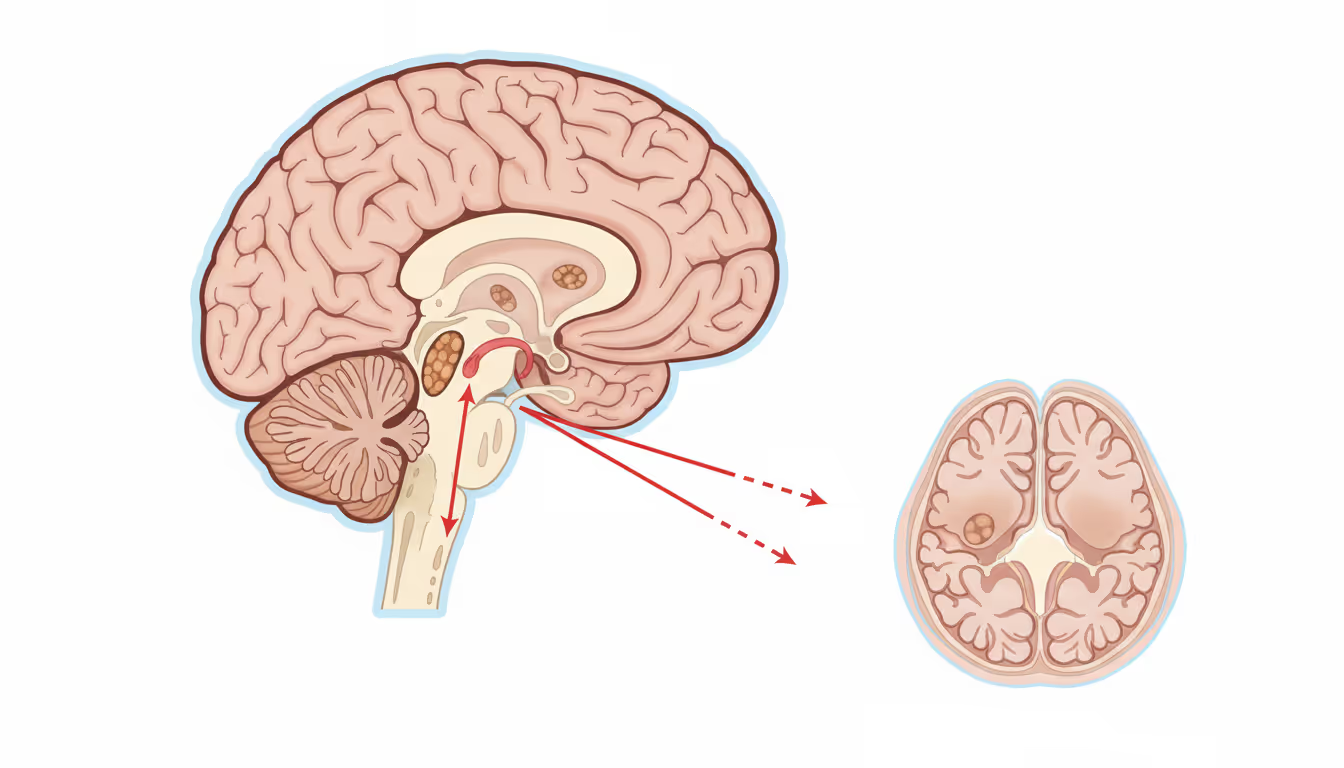
Parkinson's disease is a gradually advancing neurological disorder marked by a rigid, unexpressive facial appearance, tremors during rest, and a deceleration of movements. It is often accompanied by short, quickening steps, unusual postures, and muscle weakness due to the degeneration of a specific brain region and reduced production of certain neurotransmitters. While the majority of individuals diagnosed are over 50, at least 10% are younger than 40. Treatment typically includes medications such as levodopa (marketed as Larodopa) and carbidopa (known as Sinemet). Additionally, deep brain stimulation—a surgical procedure where electrodes are implanted in the brain and controlled externally—has proven beneficial. There are no blood or lab tests available for diagnosing Parkinson's. Despite being a chronic and progressive condition, the level of disability it causes varies among patients. The disease is also referred to as paralysis agitans and shaking palsy.




